Guide to Finding the Best IVF Doctor in Mexico
.jpg)
Welcome to the journey of finding the best IVF care, a significant and often emotional step towards building your family. Many hopeful parents are looking towards Mexico for fertility solutions, and for good reason.
It's a country that has rapidly advanced its medical tourism infrastructure, offering advanced medical treatments, including In Vitro Fertilization (IVF), at a fraction of the cost found in countries like the United States or Canada. But with numerous excellent options available, how do you pinpoint the "best IVF doctor in Mexico" for your unique needs?
It's less about finding one singular individual and more about discovering the perfect match for your specific situation and fertility journey.
This comprehensive guide is designed to help you navigate the world of fertility specialists and clinics in Mexico. We aim to clarify what truly matters when making such a personal and important decision.
We'll delve into everything from the essential qualifications and understanding success rates to deciphering costs and knowing what to expect from a medical tourism experience.
Our goal is to empower you with the knowledge and confidence to choose an IVF doctor and clinic in Mexico that aligns perfectly with your family-building dreams and offers the highest standard of care.
How do I choose the best IVF doctor in Mexico?
Selecting the right IVF doctor is a deeply personal decision that should be based on a thorough evaluation of several critical factors. First and foremost, verify the doctor's credentials.
Look for board certification by recognized medical bodies, such as the Mexican Council of Gynecology and Obstetrics (CMGO), which ensures a high standard of training and expertise.
International certifications or affiliations with global reproductive medicine societies are also strong indicators of a doctor's commitment to excellence and continuous learning.
Beyond certifications, consider their experience, particularly in cases similar to yours. A doctor specializing in specific fertility challenges, like recurrent implantation failure or male factor infertility, might be a better fit if your situation falls into these categories.
Always inquire about the clinic's overall success rates, ensuring these are independently verified or reported according to established standards. Finally, pay attention to patient testimonials and the clinic's communication style. A doctor and team who prioritize clear communication and compassionate care can make a significant difference in your treatment experience.
What are the average IVF success rates in Mexico?
Mexico's IVF clinics have invested heavily in state-of-the-art technology and highly skilled medical professionals, leading to success rates that rival those found in top-tier clinics globally.
For women under the age of 35, success rates can typically fall within the 40% to 60% range per cycle, which is considered excellent. However, it's crucial to understand that these rates are not universal and depend on numerous variables.
Factors significantly influencing IVF success rates include the patient's age, the specific cause of infertility, the quality of the clinic's laboratory and embryology team, and the treatment protocols used.
Older women, for instance, generally have lower success rates due to age-related decline in egg quality. When evaluating clinics, ask for their specific, audited success rates, preferably broken down by age group and type of treatment, to get a realistic understanding of your potential outcomes. A transparent clinic will readily provide this data.
How much does IVF cost in Mexico compared to the US or Canada?
One of the most compelling reasons individuals and couples consider IVF treatment in Mexico is the substantial cost savings without compromising on quality. The average cost for a standard IVF cycle in Mexico typically falls between $5,000 and $9,000 USD. This price often includes the core procedures such as ovarian stimulation monitoring, egg retrieval, fertilization, and embryo transfer.
In contrast, a single IVF cycle in the United States or Canada can range anywhere from $15,000 to $30,000, and often this does not include necessary medications or additional procedures like genetic testing.
The lower operating costs, favorable exchange rates, and a different healthcare system structure in Mexico contribute to these significant price differences. This affordability makes advanced fertility treatments accessible to many who might otherwise find them financially out of reach.
Here’s a simplified comparison:
| Service | Mexico (USD) | US/Canada (USD) |
|---|---|---|
| Basic IVF Cycle | $5,000 - $9,000 | $15,000 - $30,000 |
| Medications (estimated) | $1,500 - $3,000 | $3,000 - $7,000 |
| Preimplantation Genetic Testing (PGT) | $2,000 - $4,000 | $4,000 - $8,000 |
What qualifications should I look for in an IVF specialist in Mexico?
Identifying a highly qualified IVF specialist in Mexico begins with confirming their formal medical training and certifications. The cornerstone qualification is board certification in Gynecology and Obstetrics, followed by specialized training and certification in Reproductive Endocrinology and Infertility (REI). This ensures the doctor has undergone rigorous education and practical experience specifically in fertility treatments.
Beyond national board certifications, look for affiliations with international professional organizations such as the American Society for Reproductive Medicine (ASRM), the European Society of Human Reproduction and Embryology (ESHRE), or the Latin American Association of Reproductive Medicine (ALMER).
Membership in these groups indicates a commitment to staying updated on the latest research, techniques, and ethical guidelines in reproductive medicine. It also suggests that the doctor's practice adheres to global standards of care, providing an extra layer of reassurance for international patients.
Which cities in Mexico are popular for IVF treatment?
Mexico has several key hubs for medical tourism, and IVF treatment is no exception. Each city offers distinct advantages that appeal to international patients:
- Tijuana: Located just across the border from San Diego, California, Tijuana is exceptionally convenient for US patients seeking accessible and affordable IVF. It boasts numerous modern clinics and highly experienced doctors.
- Cancun: Renowned for its beautiful beaches and vibrant tourism, Cancun allows patients to combine their treatment with a relaxing vacation. Many clinics here cater specifically to international clients, offering comprehensive packages.
- Guadalajara: A major cultural and economic center, Guadalajara is home to excellent medical facilities and a strong community of specialists. It offers a more authentic Mexican experience while providing top-tier medical care.
- Mexico City: As the nation's capital, Mexico City has a wide array of high-quality clinics and leading specialists. It's a bustling metropolis with excellent infrastructure and direct flights from many international destinations.
- Monterrey: Another significant industrial and business center, Monterrey also has a robust medical sector, including reputable fertility clinics. It's well-connected and offers a modern urban environment.
These cities are popular due to their combination of advanced medical infrastructure, experienced fertility specialists, and logistical convenience for patients traveling from abroad.
What are the benefits of medical tourism for IVF in Mexico?
Medical tourism for IVF in Mexico offers a compelling blend of practical and emotional benefits. The most obvious advantage is the substantial cost savings, often 50% to 70% less than equivalent treatments in the US or Canada. This financial accessibility makes parenthood a possibility for many who might otherwise be unable to afford the high costs of fertility treatments in their home countries.
Beyond affordability, Mexican clinics are at the forefront of reproductive technology, utilizing the latest techniques and equipment, often mirroring or even surpassing those in more expensive regions. Patients frequently benefit from shorter wait times for appointments and procedures, allowing for faster initiation of treatment.
Moreover, the opportunity to receive treatment in a serene environment, especially in cities like Cancun, allows for a more relaxed and less stressful experience, which can be beneficial for the emotional well-being of individuals undergoing IVF.
Are there any risks associated with IVF treatment in Mexico?
It's important to understand that the inherent medical risks associated with IVF treatment are universal, regardless of where the procedure is performed. These risks include Ovarian Hyperstimulation Syndrome (OHSS), which is a rare but potentially serious reaction to fertility medications, the possibility of multiple pregnancies (twins, triplets), and a slightly increased risk of ectopic pregnancy. There's also the emotional and psychological toll that fertility treatments can take.
However, reputable IVF clinics in Mexico, like those anywhere else in the world, employ strict protocols to minimize these risks. This includes careful monitoring during ovarian stimulation, precise dosage adjustments, and advanced embryo selection techniques to reduce the chance of multiple births.
Choosing a clinic with experienced doctors, state-of-the-art facilities, and strong patient care standards is your best defense against complications. Always discuss potential risks thoroughly with your chosen doctor and ensure you feel comfortable with their management strategies.
What is the typical timeline for an IVF cycle in Mexico?
The timeline for an IVF cycle in Mexico is generally efficient and structured to accommodate international patients. The active treatment phase, from the start of ovarian stimulation to embryo transfer, typically spans about two to three weeks. For international patients, this often involves two main visits to Mexico.
The first visit might be for an initial consultation, comprehensive testing, and starting the ovarian stimulation phase, which lasts approximately 10-14 days. During this time, you'll have regular monitoring appointments.
The second, shorter visit would then be for the egg retrieval procedure and subsequent embryo transfer, which usually occurs 3-5 days after retrieval. Many clinics offer flexibility for patients to complete some initial testing or monitoring in their home country before traveling, streamlining the process even further and minimizing the time spent abroad.
What are the legal aspects of IVF in Mexico for international patients?
Mexico's legal framework surrounding assisted reproductive technologies is generally progressive and welcoming for international patients. While specific regulations can vary slightly by state, the country as a whole offers a less restrictive environment compared to many other nations. This often means that single individuals, same-sex couples, and older patients may find it easier to access IVF and related treatments.
There are clear guidelines concerning the use of donor gametes (sperm and eggs), ensuring ethical practices and the availability of anonymous or identified donors. Surrogacy laws also exist in certain Mexican states, providing options for those who require it, though it's essential to consult with the clinic about the current legal status in their specific location.
It is always recommended to discuss all legal implications with your chosen clinic, as they will be well-versed in local and national regulations impacting international patients and specific treatment types.
What support services are available for international IVF patients in Mexico?
Recognizing the unique needs of patients traveling from abroad, top IVF clinics in Mexico go above and beyond to provide extensive support services designed to make the medical tourism experience as smooth and stress-free as possible. These services often begin even before you arrive in Mexico.
You can typically expect assistance with logistical arrangements, such as airport transfers, recommendations for nearby accommodations (hotels or apartments), and help with local transportation. Crucially, most clinics catering to international patients employ English-speaking staff, and many also offer professional translation services for other languages if needed.
Dedicated patient coordinators are often assigned to guide you through every step of your journey, from initial inquiries and scheduling to understanding your treatment plan and post-procedure care. This holistic support ensures that patients can focus on their treatment without the added worry of navigating an unfamiliar country.
Ready to explore your fertility options in Mexico? Connect with PlacidWay to find leading IVF doctors and clinics, get personalized quotes, and plan your journey towards building a family.




.png)




.png)
.png)
.png)
.png)
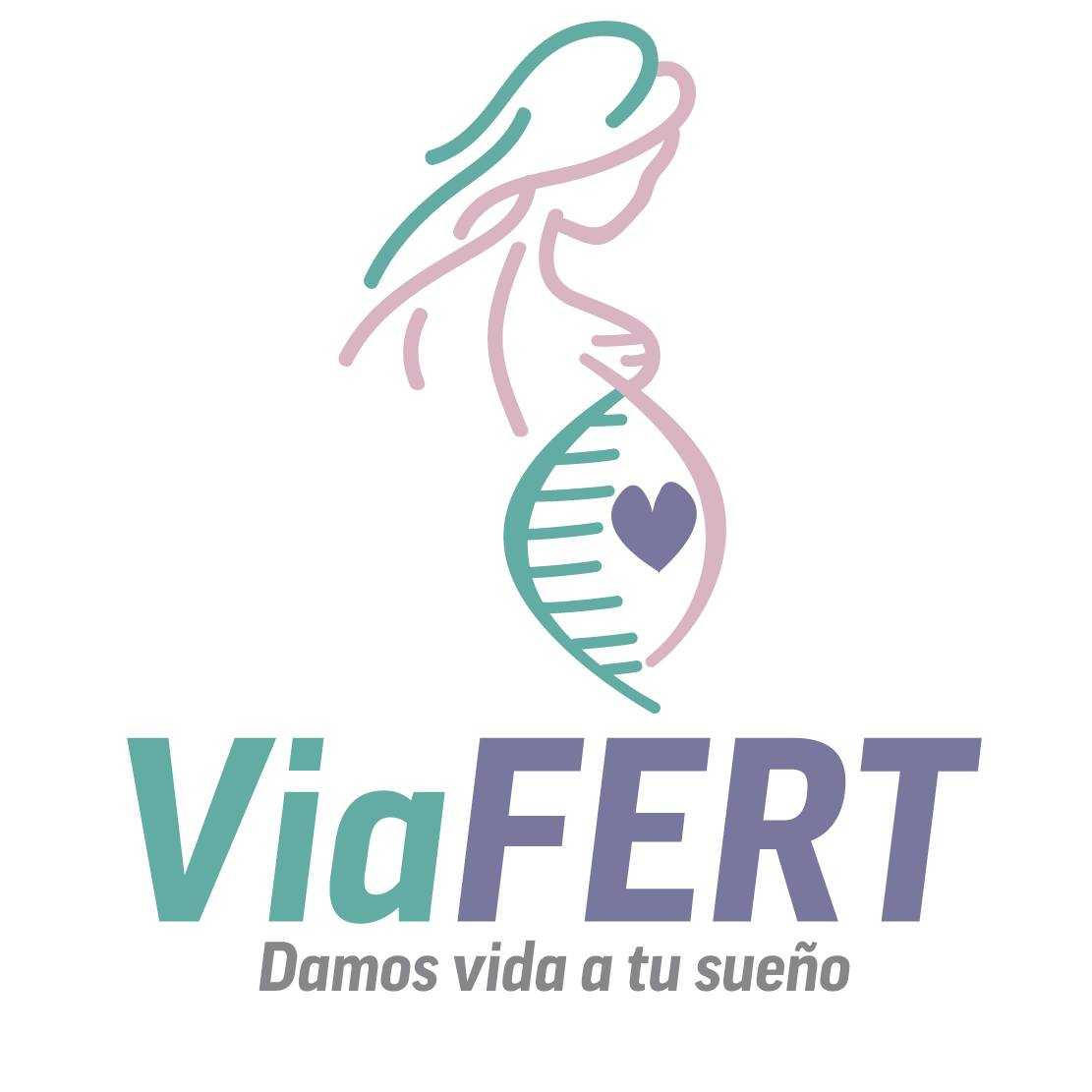
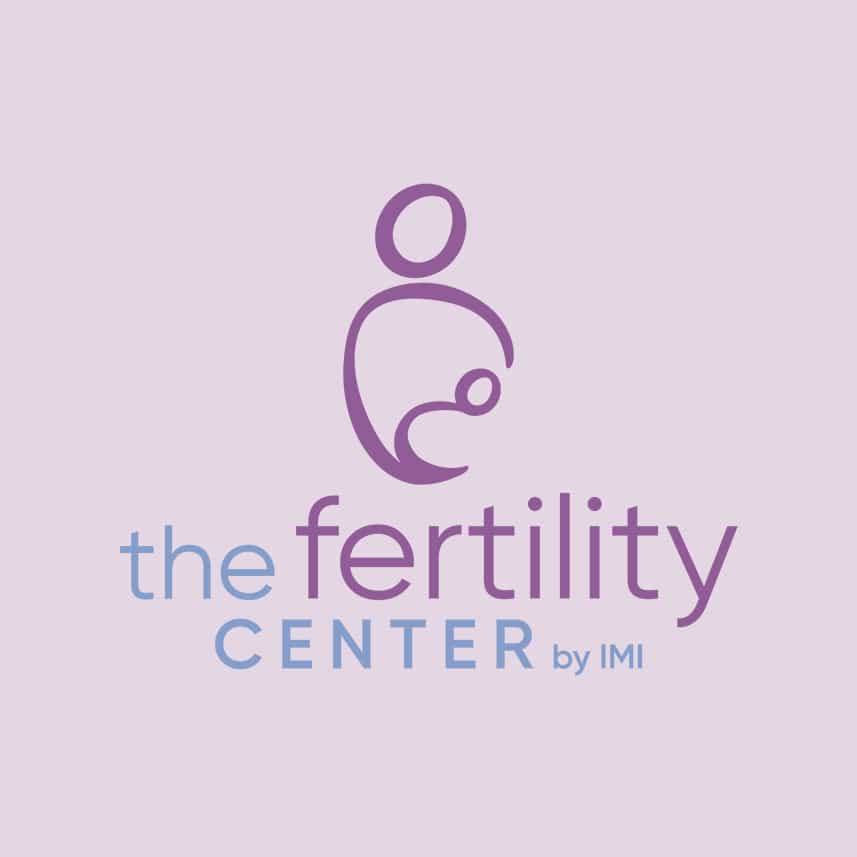
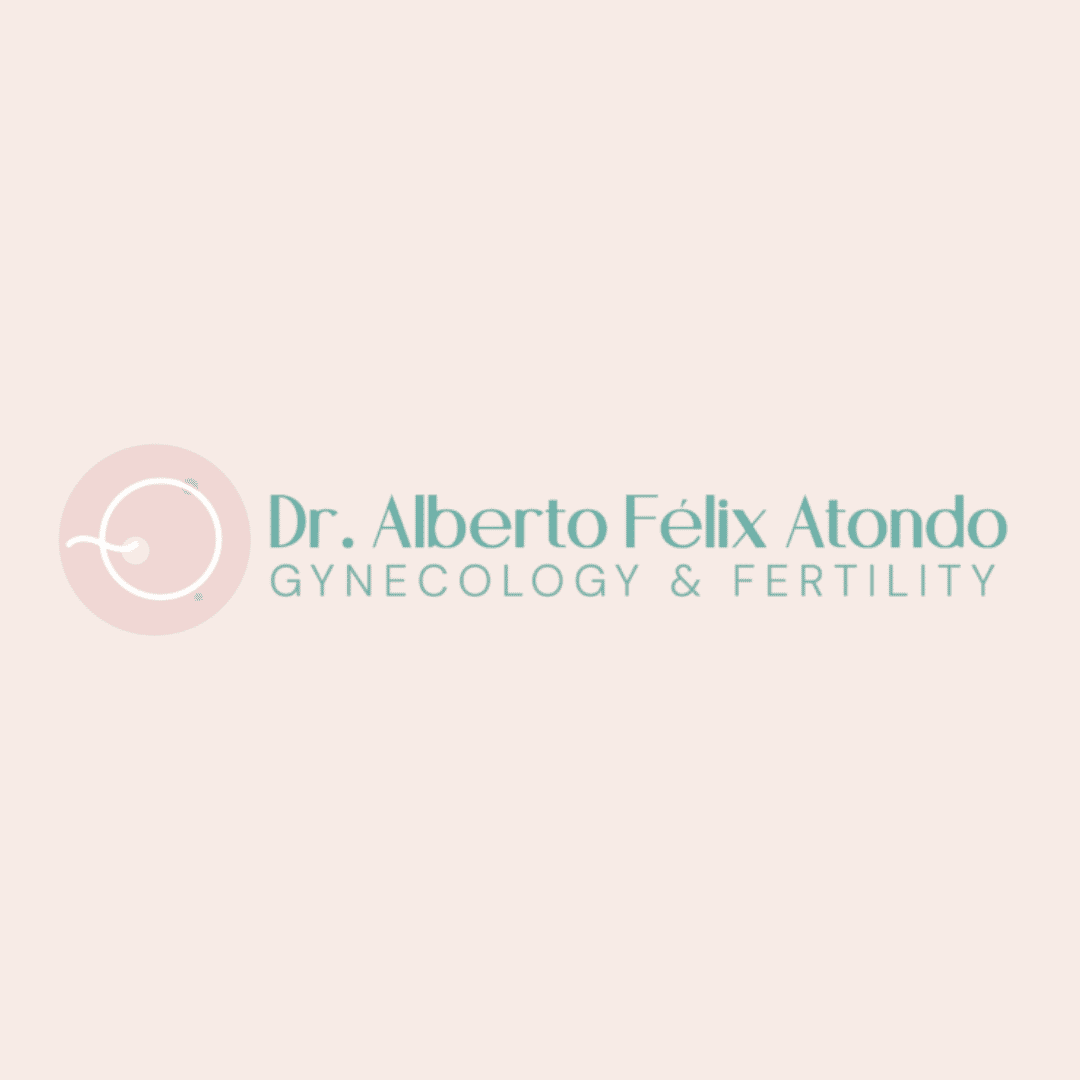
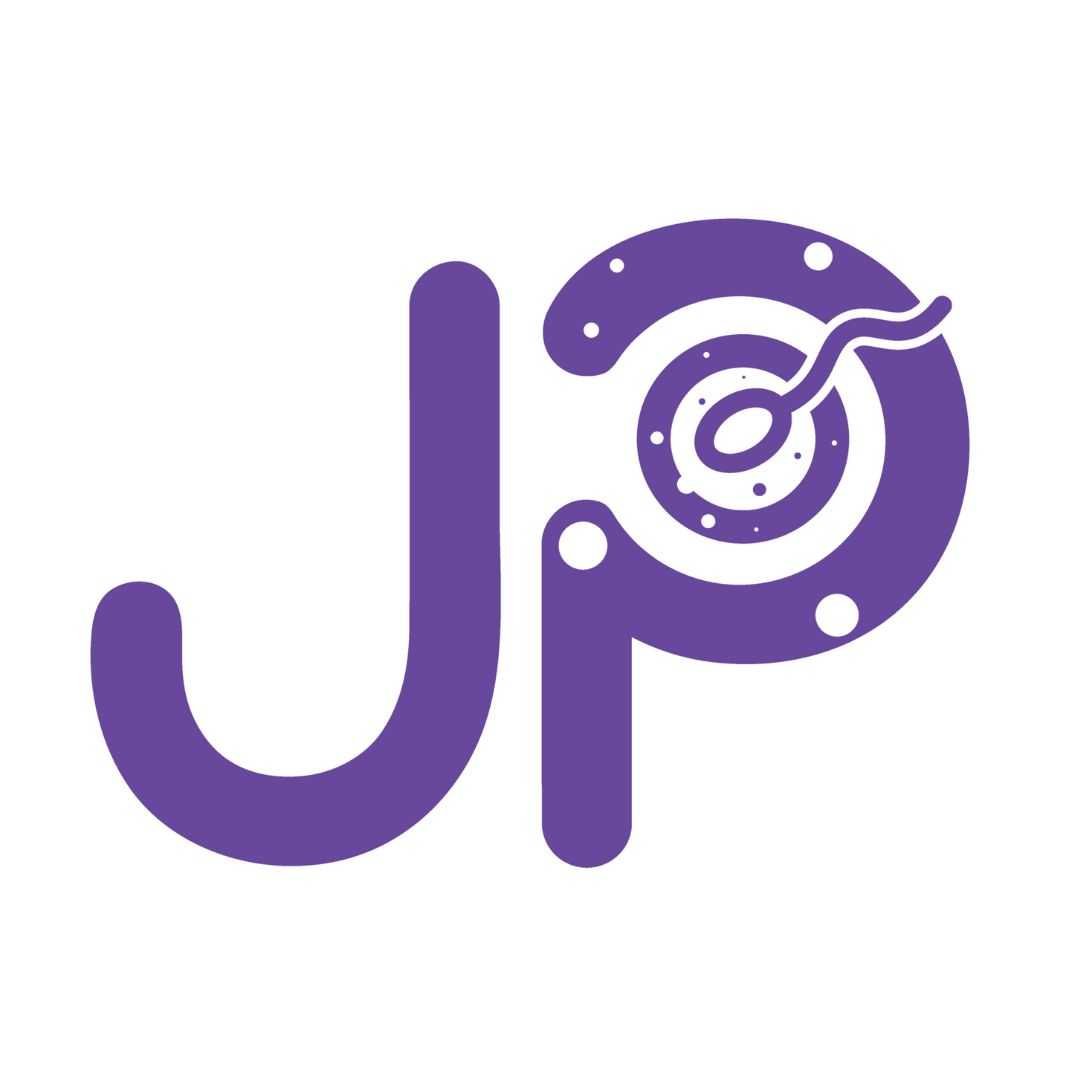
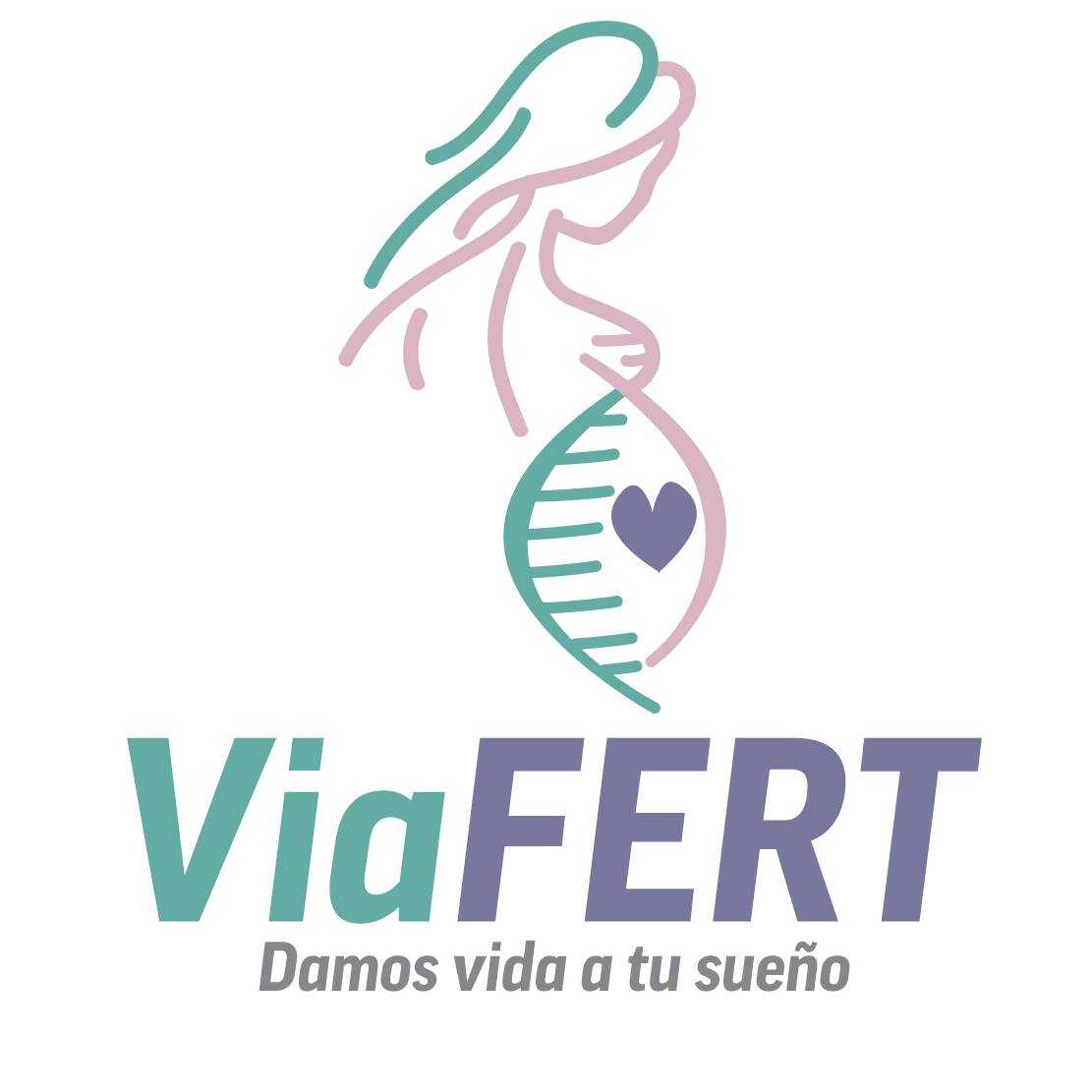

Share this listing